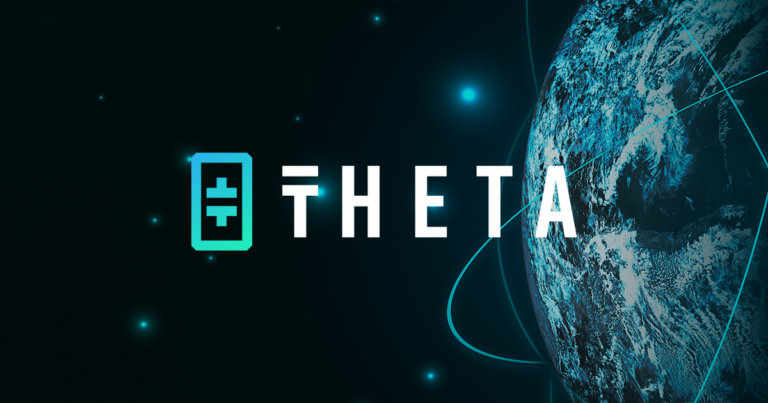 Theta Network’s (THETA) new API service brings Web3 video to any app
Theta Network’s (THETA) new API service brings Web3 video to any app Theta Network’s (THETA) new API service brings Web3 video to any app
The move will bring an easy-to-use API to anyone and will deliver to users a revolutionary way to stream decentralized video content with just a few lines of code.

Image by rawpixel.com
Next-generation blockchain live streaming pioneer Theta Labs has released “Theta Video API” a new product for developers that allows them to add a decentralized video to any website or application without any central servers, content delivery, or video hosting software.
The move will bring an easy-to-use API to anyone and will deliver to users a revolutionary way to stream decentralized video content with just a few lines of code.
Powered by Theta’s native TFUEL token, users will be able to simply upload a video clip and the Theta Video API will return a playable link they can add a Theta-powered player to a site featuring the video clip.
The ease of use means now anyone will be able to roll out the decentralized video to handle delivery, and playback of their videos.
Users that watch will then be able to relay video over the Theta Network on a peer-to-peer basis, fully leveraging Theta’s decentralized infrastructure. This isn’t simply embedding an existing video stream – any user can use Theta Video API to upload any video to their website with just a few clicks in a permissionless process.
How Theta helps
It’s simple for developers to use: a web or mobile developer posts a video file to the Theta Video API to ingest the endpoint and get a playable video URL in return along with a few lines of JavaScript code that enables the Theta decentralized stream delivery library.
Mitch Liu, CEO of Theta Labs said the move was an evolutionary next step in what decentralized protocols can bring to a web 3.0, proving their superiority over older web 1 era centralized services.
“Theta’s vision is to bring the principles of Web 3.0 to streaming video so that anyone can stream video over a decentralized network with no permissions, no interference, and no centralized entity collecting and selling your data,” Liu said.
He added, “We envision this service to become a fundamental building block for Web3, by letting users add video and other content to any site or app without contracts with centralized entities like AWS or Akamai.”
Aims and objectives
Theta aims for this to significantly reduce the cost of starting a new video platform, removing barriers to entry and allowing new content types and creators to flourish.
By using the Theta Network to bypass costly contracts with tech giants, the playing field will be leveled for small and medium-sized sites to compete with the largest ones. In fact, you can create an entire video platform using only Theta Video API without the need for any other video encoding, delivery, or playback providers since Theta Video API creates an end-to-end decentralized video pipeline – an all-in-one, easy to use, fully decentralized.
The alpha Theta Video API release will support VOD (Video on Demand) video ingest and delivery, with live streaming support to follow next.
This initial release features a p2p video delivery infrastructure that can significantly reduce CDN bandwidth costs without impacting video playback quality. Additionally, a decentralized video ingests infrastructure is being tested with the alpha release in a sandbox environment.
After further testing, this functionality will be integrated into Theta’s Elite Edge Nodes which enables these 8,000+ global nodes to perform commercial video encoding jobs with high reliability and uptime, earning TFUEL in exchange for the computational power they provide.
As a final step, the release of decentralized storage support on Elite Edge Nodes in 2022 will support storage of the source video files and VoD content completing the end-to-end video pipeline.
This effectively delivers on Theta’s Web 3.0 vision where anyone can stream video over a decentralized network with no permissions, no interference, and no central entities.














































































































